
Latin America: Week in Review, North America, United States
As Republicans Retake U.S. Senate, Calls For Venezuela Sanctions
November 6, 2014 By Staff
Top Story — U.S. Sen. Marco Rubio of Florida announced on Wednesday his desire for sanctions against Venezuelan officials during a press conference in Bogota, Colombia. Rubio’s trip comes on the heels of Tuesday’s midterm elections, in which Republicans took control of the Senate for the first time in eight years.
The possibility of sanctions against Venezuelan officials has been strengthened by the fact that Republicans now hold a majority in Congress. As Rubio explained in Spanish to a group of reporters, he wants to penalize officials who have allegedly committed human rights abuses, in addition to increasing funding to pro-democracy groups in the country.
Rubio also told reporters that President Barack Obama should delay using executive action to pass immigration reform, and should first wait until illegal immigration is under control. These comments follow Obama’s vow to pass immigration reform himself through executive order, in light of Congress’ continued failure to do so.
Sen. Mitch McConnell of Kentucky, who will become the majority leader of the Senate, announced the same immigration stance as Rubio in a post-election news conference.
Heading into the elections, it was suspected that Latino disillusionment regarding immigration reform would hurt the Democratic Party. While Latinos did vote for Democrats two to one overall, in several key races they favored Republicans.
Headlines from the Western Hemisphere
North America
- Tens of thousands of people marched on Wednesday evening in Mexico City, demanding the government find the 43 missing students from Guerrero state as extreme frustration and discontent over the students’ disappearance continues.
- The Mexican government has offered witness protection to the source who told The Associated Press and Esquire magazine that government troops killed 21 alleged gang members after they had already surrendered in a gunfight.
- Mexican archaeologists discovered that water may have played a surprising role in the arid pre-Columbian city of Teotihuacan, as they continue work on excavations of the city’s ruins.
Caribbean
- A cluster of storms in the Caribbean has flooded parts of the Dominican Republic, Puerto Rico, the U.S. Virgin Islands and Haiti, where at least 12 people have died as a result of the heavy rains.
- Americas Quarterly did a series on Cuba’s economy, closely examining Cuba’s recent economic reforms, and how entrepreneurs have found a way to creatively work within the system.
- In a piece for The Huffington Post, the owner of Haiti’s largest telecom company, Denis O’Brien, urged the international community to continue assisting the country, while reflecting on the progress Haiti has made since the devastating 2010 earthquake.
Central America
- Bloomberg provides an in-depth profile of Carlos Pellas, Nicaragua’s first billionaire, who rebuilt his family’s sugar fortune after they were targeted by the Sandinistas.
- With motorcycle fatalities in Costa Rica at an all time high, the country is developing a plan to reduce accidents.
Andes
- Al Jazeera America has a photo essay documenting the reburial of several victims of Peru’s “Dirty War,” as forensic experts continue to exhume and identify some of the 15,000 people that were disappeared during the conflict.
- Controversy has broken out in Colombia, where a plaque commemorating troops from the 1741 British invasion of the city of Cartagena has been criticized by residents and the city’s mayor, who are asking for its removal.
- The latest issue of Americas Quarterly, released Wednesday, has an expansive series of nine articles that look at the Colombian peace process.
Southern Cone
- NPR has a story about the slow and overburdened legal system in Brazil.
- After being treated for a bacterial infection of the colon, Argentine President Cristina Fernández is in stable condition, according to a government statement.
- According to a story published yesterday in The Guardian, the Argentine government raided the radio station La Brújula 24 last week in order to find out the source of leaked recordings that allegedly implicate government officials in criminal activity.
- After being accused of witchcraft last week, an indigenous Paraguayan woman was burned alive in a village north of the capital city, Asunción.
Image: YouTube
Subscribe to Today in Latin America by Email
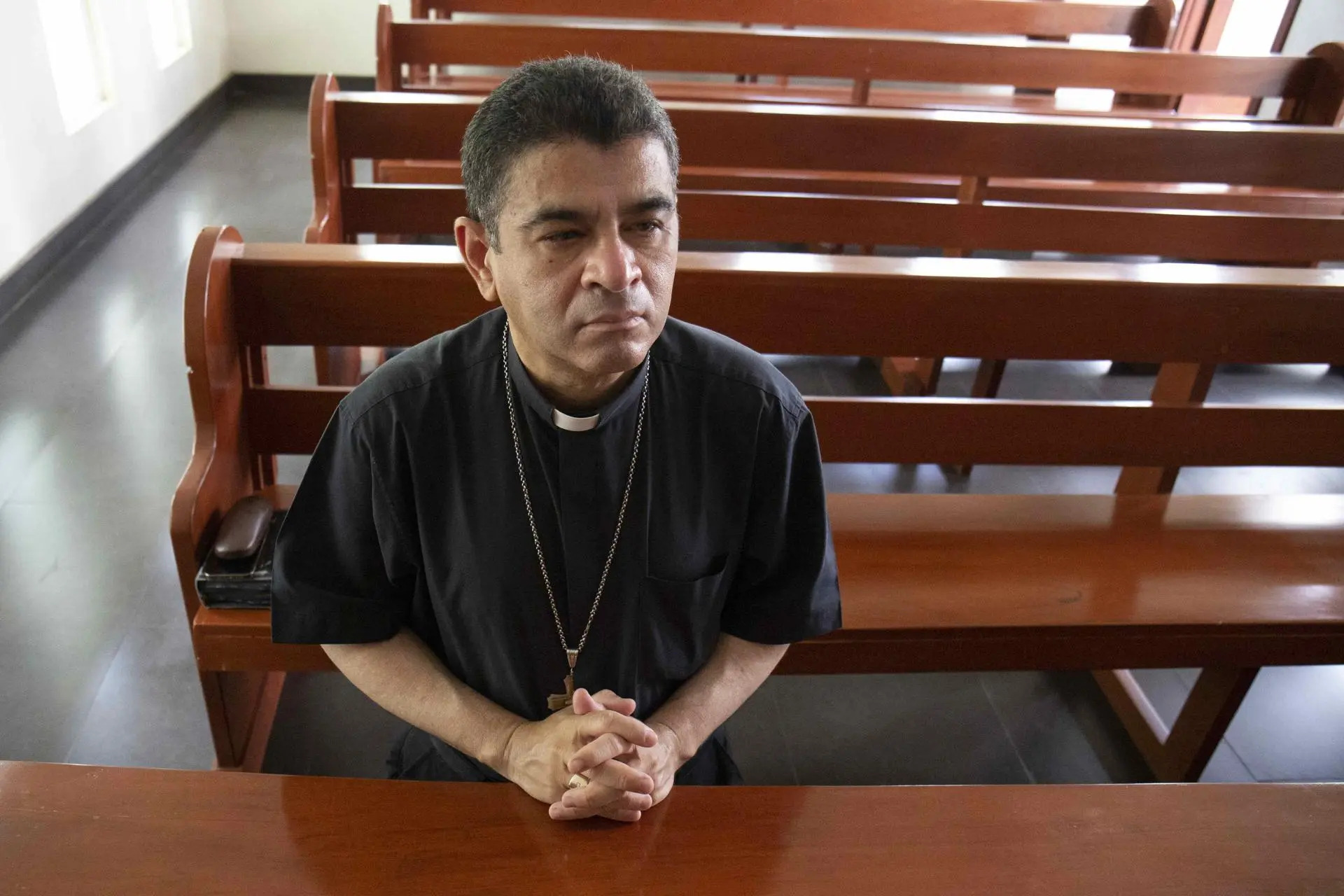
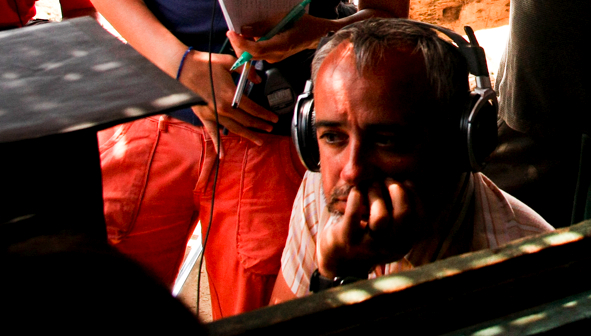
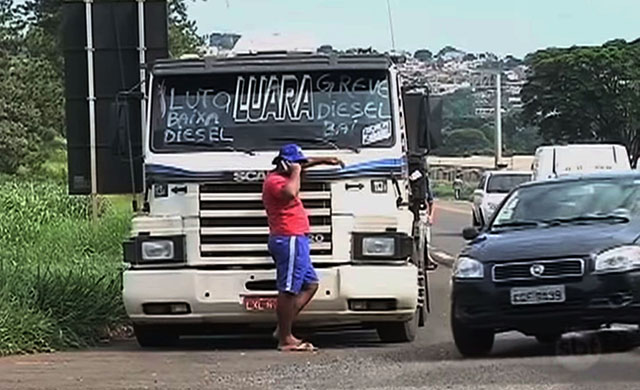
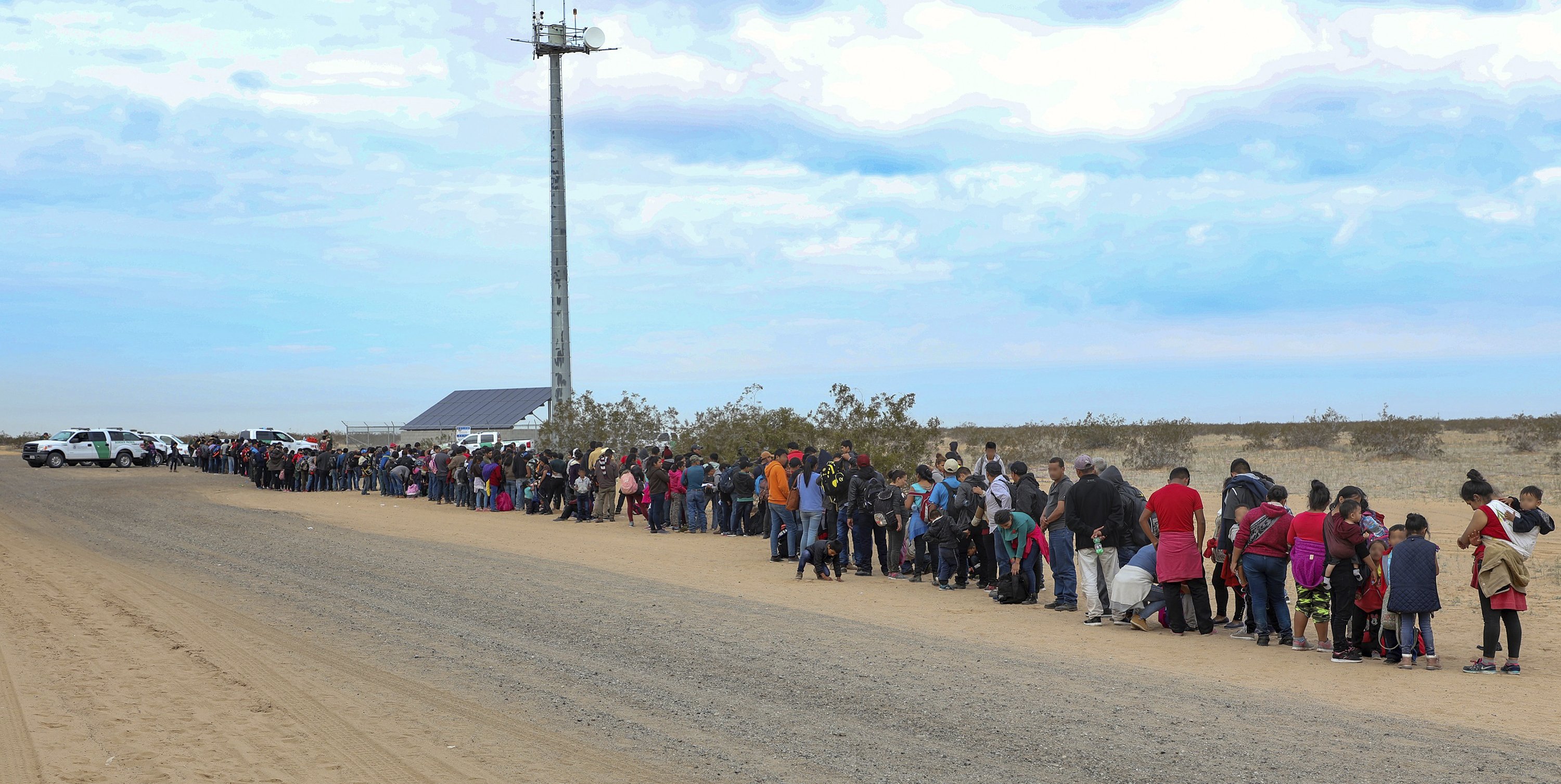
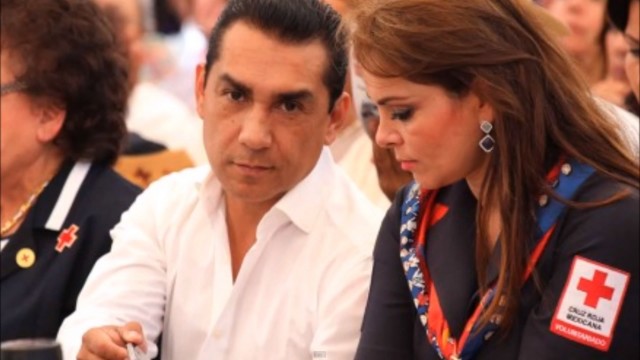

1 Comment
[…] to work with the Republican-led Congress in imposing sanctions on Venezuela. Republicans have been pushing for sanctions on the South American country following a crack-down on anti-government protests earlier this […]
Comments are closed.